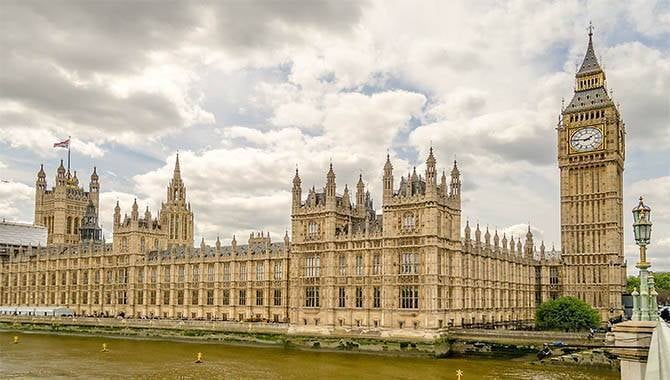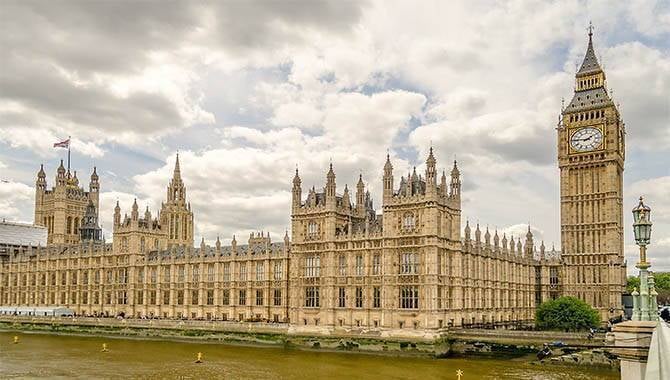
He was speaking, of course, about the outbreak of COVID-19 and its impact on the various industries of Britain.
The Chancellor continued: “I am extending this business rates holiday to all businesses in those sectors, irrespective of their rateable value.
“That means every single shop, pub, theatre, music venue and restaurant and any other business in the retail, hospitality or leisure sector, will pay no business rates whatsoever for 12 months.”
This was music to the ears of the gambling industry, which assumed it would be included in the leisure sector category.
Yet this did not prove the case. The Treasury decided to exclude casinos, bingo halls and betting shops from the 100% business rates holiday, classifying them as ‘financial services’ as opposed to leisure.
On Thursday, this prompted the Betting and Gaming Council (BGC) to condemn the decision in an open letter addressed to the Chancellor.
The BGC, which acts as the single industry association for betting and gaming in the UK, described the decision as “frankly bizarre,” given gambling businesses would be listed on the London Stock Exchange as part of the leisure industry.
While these are unprecedented times, it is difficult not to speculate at ulterior motives for this resolution, particularly when the industry generates more than £3bn ($3.91bn) in annual taxation for the Government choosing not to support it.
Throughout 2019, negative coverage of the industry in the mainstream press seemed to be at an all-time-high and this only increased pressure on the Government to introduce tighter regulation.
As a result of this pressure, the Conservative government re-elected at the end of the year pledged to review the Gambling Act 2005, which it said was “increasingly becoming an analogue law in a digital age.”
In addition, and perhaps as a result, public trust of the gambling industry hit an all-time low. In a 2019 UK gambling report released by the Gambling Commission, trust in the industry was down, with 43% of participants associating gambling with crime, up 5% from 2018, and 29% believing gambling to be fair and trustworthy, down 1% at 29%.
When we consider the UK Government and mainstream media’s treatment of the industry over the past year, it would be amiss not to consider that the Treasury’s refusal to provide aid to the industry could be rooted in a desire to appeal to this same mentality – perhaps the Government doesn’t want to be seen assisting an industry struggling to relinquish a negative image.
Gambling consultant Steve Donoughue certainly makes a compelling argument that this might be the case. Speaking with Gambling Insider, he explains why he is unconvinced that the decision to exclude the retail gambling industry is based on any archaic categorisation.
He said: “Under the Town and Country Planning (Use Classes) Order 1987, betting shops were class A2 which included financial and professional services other than health or medical services.
“But this ended with the Town and Country Planning (Use Classes) (Amendment) (England) Order 2015 which made them suis generis.
“Casinos and bingo halls have never been linked to financial services. So it can’t really be this.”
Last year, we saw the Government introduce a stake reduction on fixed-odds betting terminals (FOBTs) to £2 ($2.38) and undoubtedly this has had a huge impact on retail betting shops, with many forced to close their doors for good.
GVC Holdings, owner of Ladbrokes Coral, had to close down 13% of its land-based estate in 2019, and calculated it would have to close 900 of its betting shops over the next two years as a result of the maximum stake cut.
Donoughue believes that, similar to this regulation, the lack of governmental assistance during the COVID-19 pandemic will cause many gambling industry employees to lose their jobs.
He said: “The decision to ban FOBTs saw thousands of gambling industry jobs go; so why should this be any different?
“We need a Jarrow Crusade of the industry’s potential unemployed to march on Carolyn Harris MP’s offices – via BACTA’s headquarters.”
Regardless of the Government’s reasons for the exclusion, it is evident this will have a huge impact for the industry’s employees. According to BGC data, all casinos and betting shops are currently making losses, with most casinos due to close this weekend.
Nearly 7,000 high-street betting shops are also expected to close imminently due to the lack of sport and the need for social distancing. The BGC estimates that, within months, many casinos will be insolvent while betting shops will also be at risk of permanent closures; in terms of employees this represents around 64,000 jobs.
While the UK Government may not be keen to help the regulated gambling market, a lack of licensed betting shops will only see a rise in the unregulated black market, which as the BGC says is “not only an unsafe place for people to bet, but also contributes nothing to the Exchequer or the country.”
At times like this, it is important the country pulls together and protects the industries which cannot protect themselves – of which the retail gambling industry is certainly one.
Popular opinon can be left by the wayside, while the needs of UK businesses and their thousands of employees must not be forgotten.



